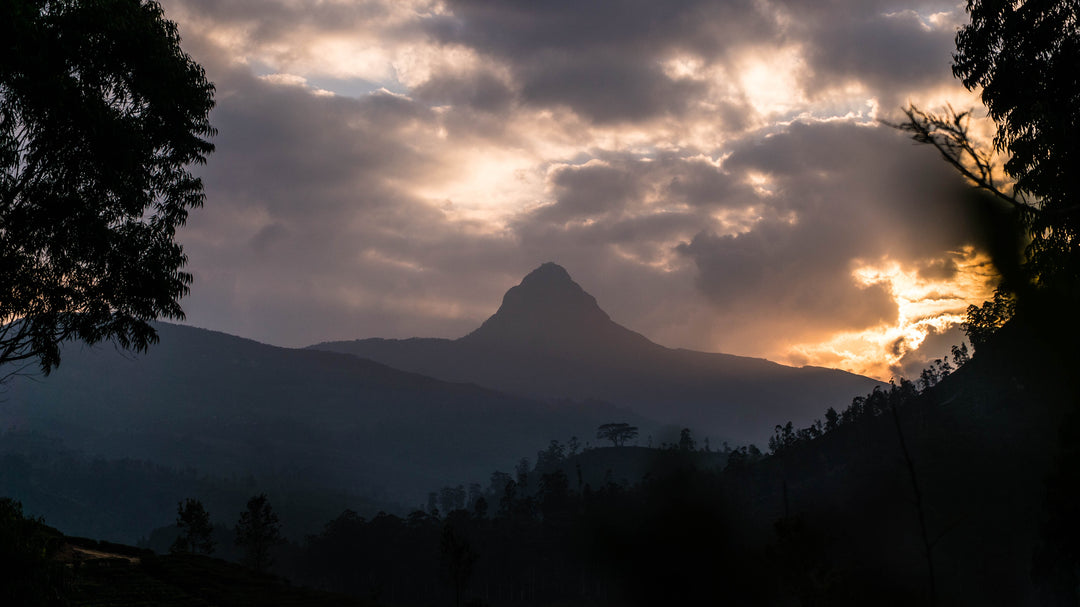The Planter’s Chair: Unfolding the Legacy of Sri Lanka’s Iconic Hansi Putuwa
On a recent trip down south, I stopped off at the historic Matara Rest House. (You can read more about the fascinating legacy of Sri Lanka’s rest houses here).
Matara, located on the southern tip of the island, is best known for its golden beaches, lively fish markets, and colonial-era architecture. But venture inland, and you’ll find yourself in tea country just beyond the coast. There are pockets of small holders of tea land that produce thick, full bodied and characterful teas.

Perched right by the sea, the Matara Rest House has long been a stopping point for travellers exploring the southern coast. Originally built during the British colonial period , part of a wider network of government rest houses, — it offers rooms, a welcoming verandah, and a menu of local fare, all with sweeping views of the Indian Ocean.
Unlike the misty charm of upcountry locations like the Kitulgala Rest House, Matara exudes a relaxed southern rhythm. Here, you will find fresh seafood alongside cups of rich low-grown tea, perfect for a late afternoon break. But what really caught my attention was a piece of furniture, — one steeped in history and deeply woven into Sri Lanka’s plantation heritage: the Planters’ Chair.
As you walk into the rest house, you’ll see them scattered along the verandah — sturdy, elegant wooden chairs with long, sweeping arms. Locally known as the “Hansi Potuwa” (from hansi meaning “to recline” and potuwa meaning “chair”), these distinctive loungers were a fixture in colonial plantation bungalows.
They were designed with leisure in mind: a tall, slightly reclined back, long extendable arms to rest one’s legs, and broad armrests wide enough to hold a cup of tea — or perhaps a stiff drink.

The design of the Planters’ Chair was in the subcontinent long before Europeans came. It was the British Tea Planters that took a particular liking to this elegant piece of furniture.
Made from local teak and rattan, materials prized for their durability and breathability, the Hansi Potuwa became synonymous with plantation life. After a long day overseeing the tea fields, planters would retire to the verandah, sink into their chairs, and unwind with a pot of Ceylon tea — often our favourite, the medium bodied and fragrant Planters’ Afternoon blend.
Today, the Planters’ Chair remains a timeless icon of colonial-era comfort. It represents not just a piece of furniture, but a way of life — one where time slowed down, and where tea was both ritual and reward.
If you find yourself in southern Sri Lanka, make time for a visit to the Matara Rest House. Order a pot of Tea, settle into one of the Planters’ Chairs on the breezy veranda, and watch the waves roll in.
If you are looking for the taste of down south tea from the comfort of your home, then be sure to try our award winning tea from Panilkande estate.




